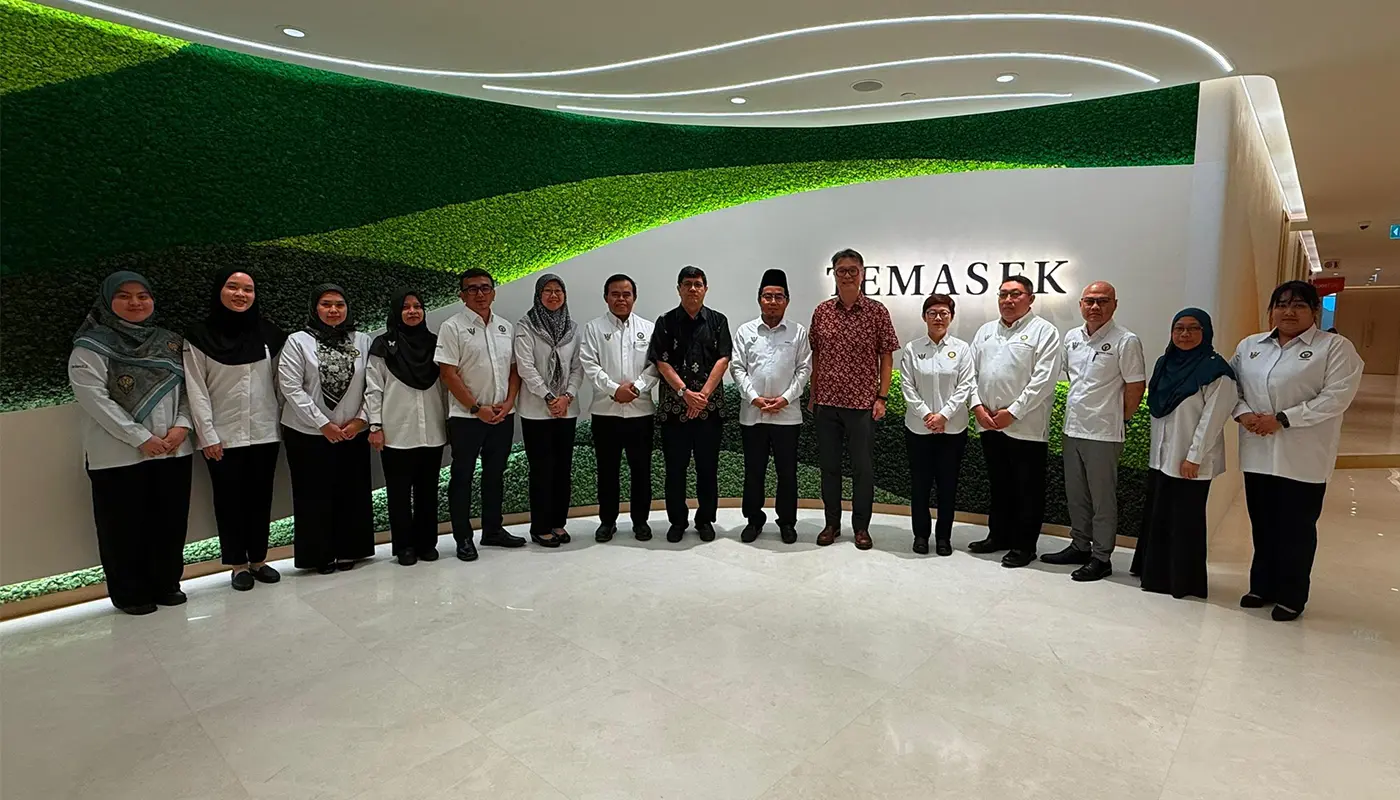SINGAPORE – A delegation from the Sarawak Government‘s Special Cabinet Committee (CABCOM) recently concluded a benchmarking visit to Singapore, aimed at enhancing governance practices and administrative efficiency within the state’s statutory bodies and local authorities.
The five-day visit, led by Deputy Minister in the Sarawak Premier’s Department (Integrity and Ombudsman) Datuk Dr. Juanda Jaya, included engagements with key Singaporean agencies and corporations to study best practices in financial management, urban development, and environmental sustainability.
The delegation, comprising representatives from the Ministry for Urban Development and Natural Resources, Kuching North City Commission (DBKU), and Miri City Council, visited entities such as Temasek, ST Telemedia Global Data Centre (STT GDC), and government bodies including the National Parks Board (NParks), Housing Development Board (HDB), and Urban Redevelopment Authority (URA).
These interactions provided insights into operational models, such as data center management at STT GDC, seed conservation at Singapore Botanic Gardens, and public housing initiatives at HDB’s My Nice Home Gallery.
This initiative aligns with Sarawak’s broader efforts to strengthen governance, as seen in the establishment of CABCOM to review financial reports and budgets of state statutory bodies and local authorities, ensuring compliance and accountability.
The committee’s work is part of Sarawak’s integrity agenda, which includes training programs for community leaders and the deployment of Certified Integrity Officers to promote transparency.
During the visit, networking sessions with the Association of Small & Medium Enterprise (ASME), SATS-Creuers Cruise Services (SCCS), and Sarawak Trade and Tourism Co. Pte. Ltd (STATOS) facilitated discussions on public-private partnerships and economic collaboration.
These engagements underscored the importance of adopting innovative governance frameworks to support Sarawak’s developmental goals, such as those outlined in the Sustainability Blueprint 2030 and Net Zero 2050 Vision.
The benchmarking trip reflects Sarawak’s commitment to administrative transformation, leveraging international best practices to enhance operational efficiency and service delivery.
This approach is critical for achieving long-term objectives, including sustainable development and improved public trust in government institutions.





